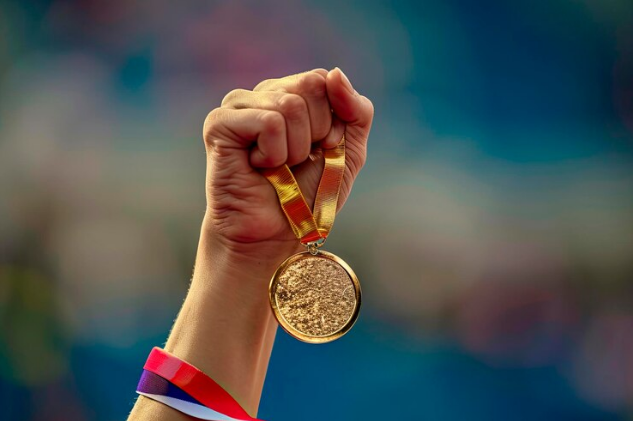The Olympic Games, with their rich history spanning millennia, represent the pinnacle of athletic achievement and global unity. From their ancient origins in Olympia to the modern-day spectacle of the Summer and Winter Games, Olympic sports have evolved significantly, leaving a lasting impact on sports culture, society, and international relations. This article explores the evolution and impact of Olympic sports, highlighting their role in shaping the world of athletics and beyond.
Origins of Olympic Sports
The ancient Olympic Games, held in Greece from 776 BC to 393 AD, featured a limited number of sports primarily focused on athletic competitions. Events such as running, wrestling, discus throw, javelin throw, and chariot racing were central to the ancient Games, showcasing physical prowess and skill.
In the modern era, the revival of the Olympic Games in 1896 in Athens marked a resurgence of interest in ancient sports and the introduction of new disciplines. Over time, the Olympic program expanded to include a wide range of sports, reflecting the diversity of human athletic abilities and interests.
Evolution of Olympic Sports
The evolution of Olympic sports can be seen in several key areas:
Inclusion of New Sports: The International Olympic Committee (IOC) regularly reviews and adds new sports to the Olympic program, reflecting changing trends and interests in global athletics. For example, sports like snowboarding, beach volleyball, and skateboarding have been introduced in recent years, attracting younger audiences and diversifying the Games.
Technological Advancements: Advances in technology have influenced Olympic sports, from equipment and gear to training methods and performance analysis. Athletes benefit from innovations in sports science, nutrition, and equipment design, leading to improved performance and record-breaking achievements.
Gender Equality: The Olympic movement has made significant strides in promoting gender equality in sports. Women’s participation and representation in Olympic events have increased over time, with the inclusion of new women’s sports and the expansion of opportunities for female athletes.
Adaptation to Cultural Shifts: Olympic sports adapt to cultural shifts and societal changes, reflecting broader conversations about inclusivity, diversity, and accessibility. Initiatives such as the Paralympic Games and the Youth Olympic Games promote inclusivity and provide platforms for athletes of all abilities and backgrounds.
Impact of Olympic Sports
The impact of Olympic sports extends beyond the arena of competition, influencing various aspects of society and culture:
Global Unity: The Olympic Games serve as a symbol of global unity and cooperation, bringing together athletes from diverse nations and cultures. The Games promote international understanding, friendship, and diplomacy, fostering positive relations between countries.
Promotion of Healthy Lifestyles: Olympic sports inspire individuals to lead active and healthy lifestyles, encouraging participation in physical activity and sports at all levels. The Games promote the values of fitness, discipline, and perseverance, serving as role models for aspiring athletes and enthusiasts.
Cultural Exchange: Olympic sports facilitate cultural exchange and dialogue, allowing athletes and spectators to share experiences, traditions, and values across borders. The Games showcase diverse cultural expressions through ceremonies, rituals, and celebrations, promoting mutual respect and appreciation.
Legacy and Infrastructure: Hosting the Olympic Games leaves a lasting legacy of infrastructure development, urban planning, and community engagement. Host cities invest in sports facilities, transportation networks, and sustainable initiatives, leaving a positive impact on local communities and economies.
Inspiration and Role Models: Olympic athletes serve as inspirational role models, embodying qualities of dedication, resilience, and sportsmanship. Their achievements inspire future generations of athletes and individuals to pursue their dreams and overcome challenges.
Social Impact: Olympic sports have the power to address social issues and promote positive change. Initiatives such as Olympic refugee teams, sustainability initiatives, and advocacy for inclusivity and diversity contribute to social awareness and activism.
Conclusion
Olympic sports have evolved into a global phenomenon with far-reaching impacts on society, culture, and international relations. From their ancient origins to modern-day competitions, Olympic sports continue to inspire, unite, and promote values of excellence, friendship, and fair play. As the world of sports evolves, the Olympic Games remain a beacon of athletic achievement and a celebration of human potential, leaving a legacy of innovation, inclusivity, and inspiration for generations to come.



















+ There are no comments
Add yours